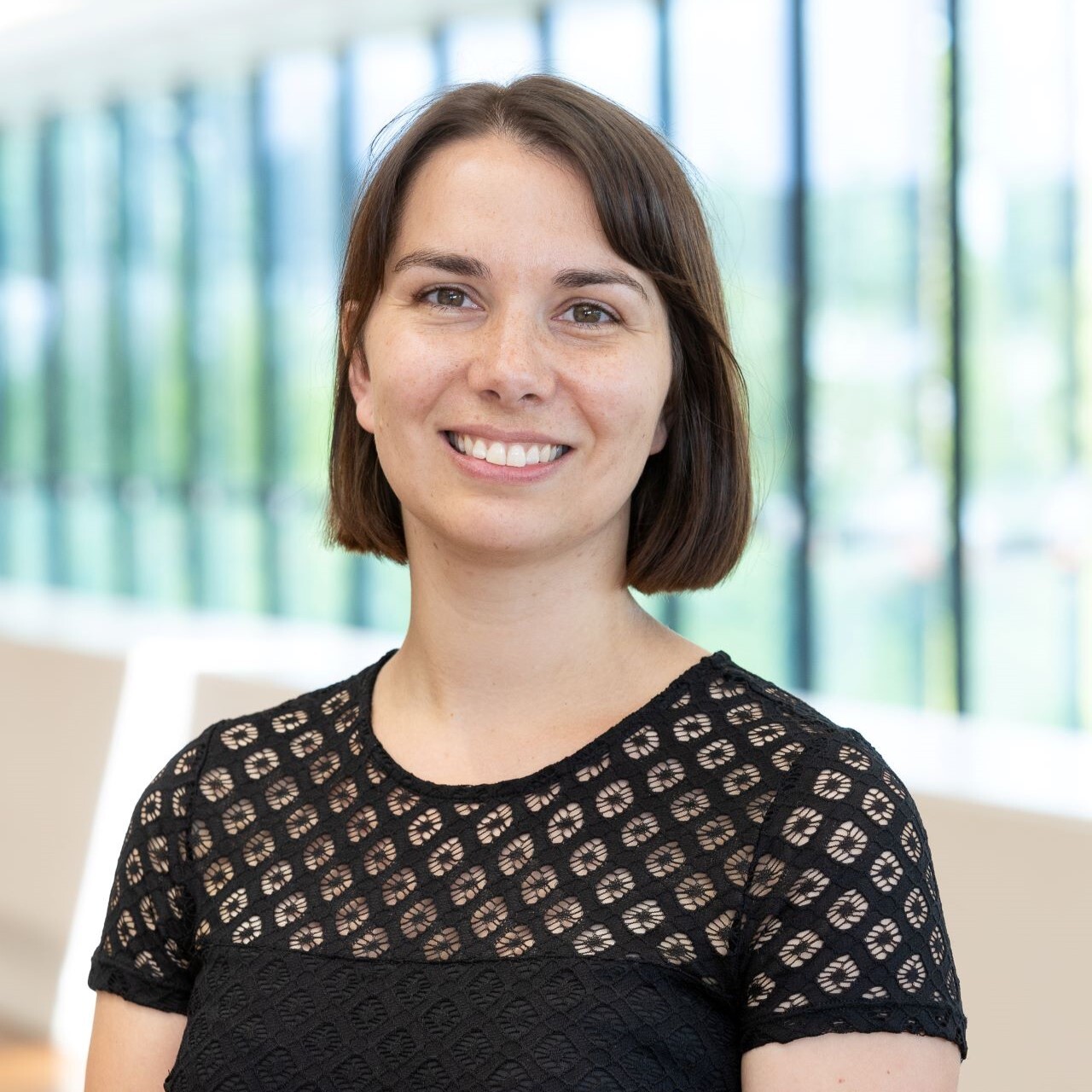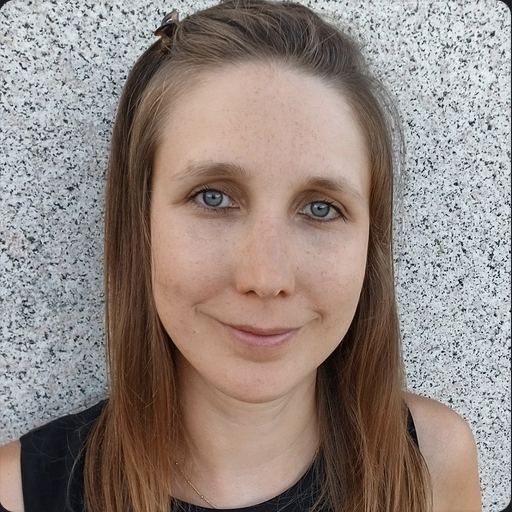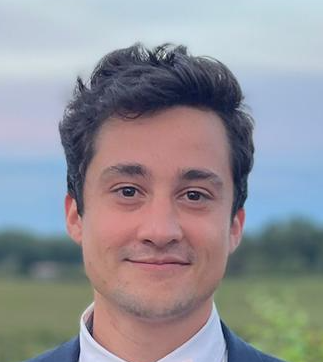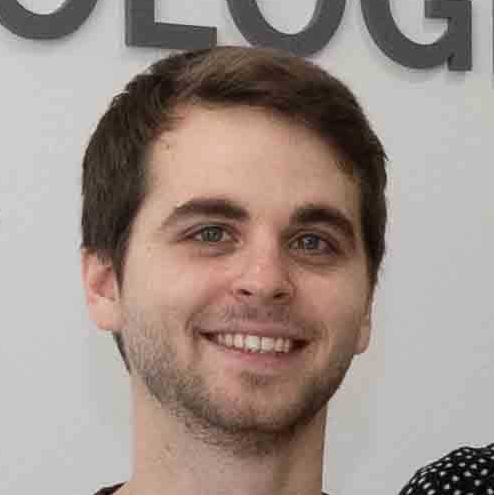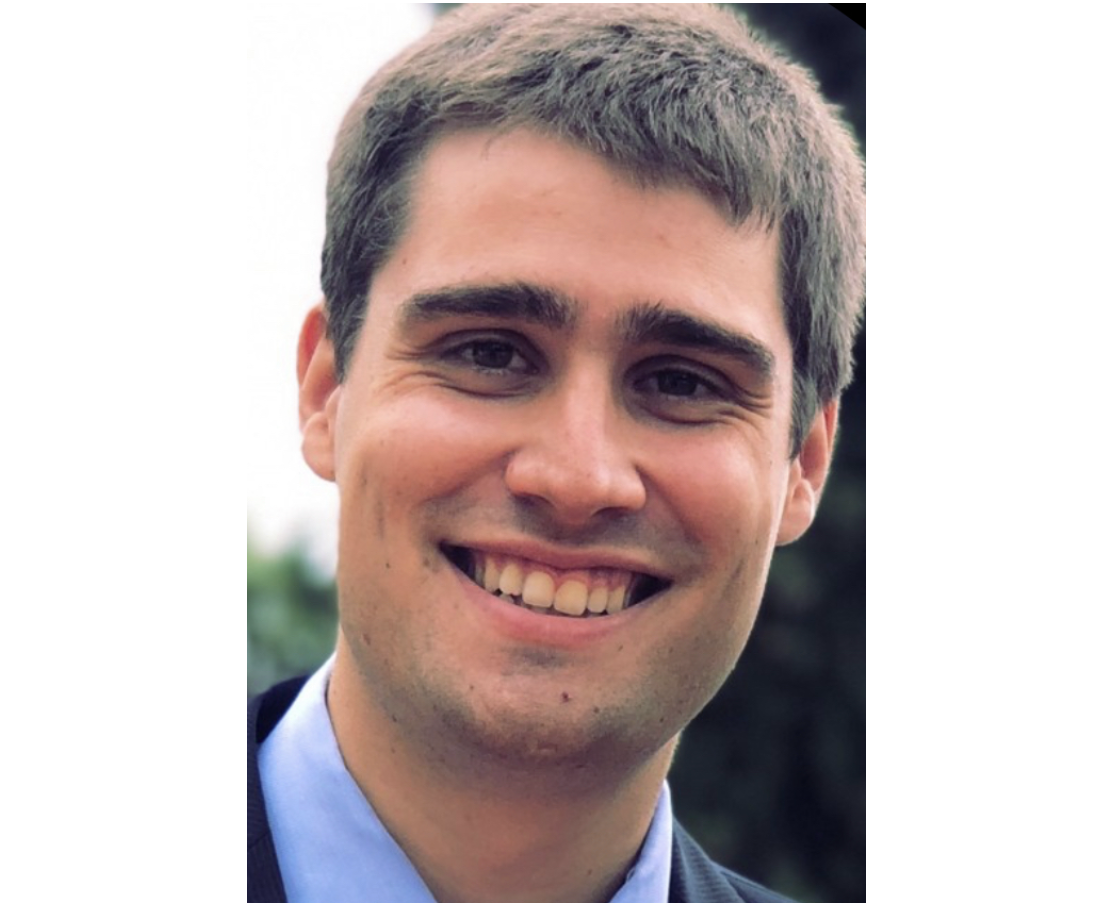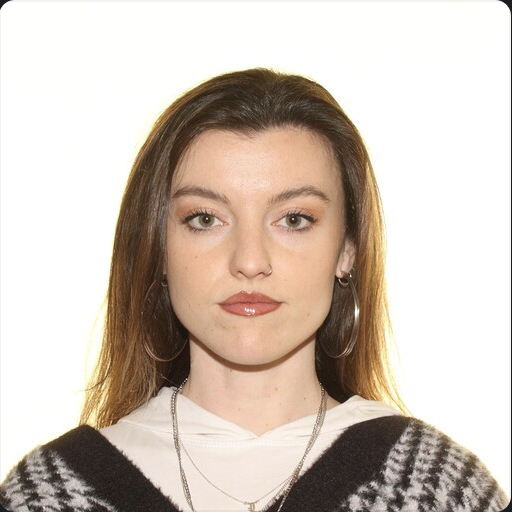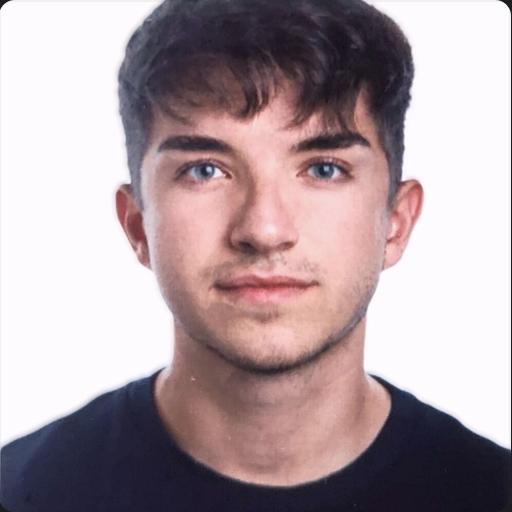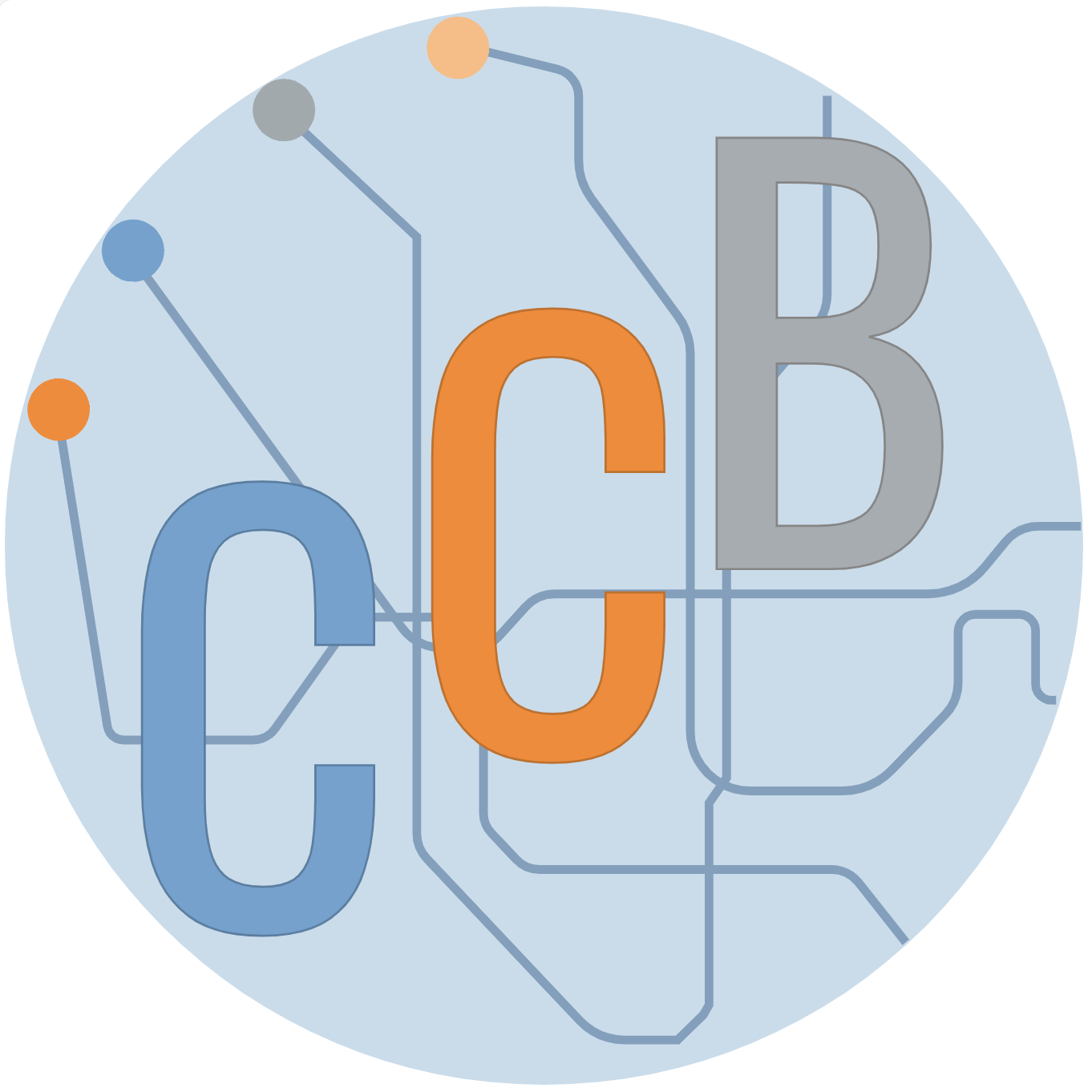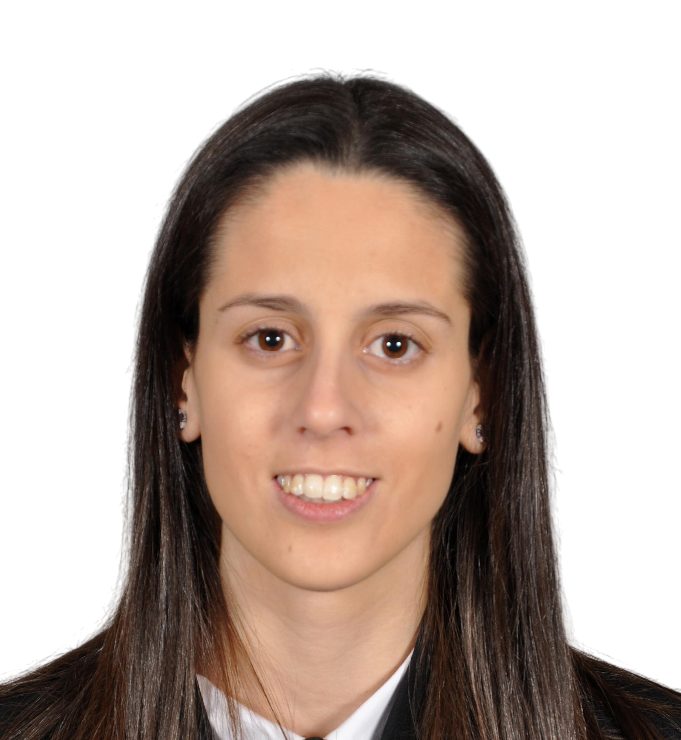Jose A. Seoane
Dr. Jose A. Seoane is a cancer computational biologist with extensive international experience, having worked in the UK for two years and the US for seven years. He earned his degrees in computer science from Universidade da Coruña, where he also completed a Master in Statistical Learning and Data Mining and an Expertise in Applied Statistical Methods. His PhD, awarded in 2012 by the University of A Coruña under the supervision of Julian Dorado and Fernando Martin, was recognised with the "Extraordinary PhD Award" in Computer Science and Mathematics. It focused on models of biomedical data integration, funded by a Xunta de Galicia Fellowship "Isabel Barreto".
Dr. Seoane's postdoctoral journey began at the University of Bristol's School of Social and Community Medicine, enhancing his skills in bioinformatics, genetics, genomics, and machine learning. His research into breast cancer datasets sparked a profound interest in cancer systems biology, leading him to further positions at the University of Southern California and Stanford University. At Stanford, he was Postdoc and Instructor at Christina Curtis' lab, but also collaborated with eminent researchers like Gerald Crabtree to explore how chromatin remodeling affects cancer progression and drug resistance, resulting in a Nature Medicine publication.
His work has significantly contributed to projects within The Cancer Genome Atlas and the Human Tumor Atlas Network, alongside collaborations with leading cancer researchers across the globe. In 2020, he was awarded a prestigious Ramón y Cajal Fellowship, securing his role as a Principal Investigator at the Vall D'Hebron Institute of Oncology since May 2021. Dr. Seoane actively supervises a dynamic team of PhD and master's students, continually pushing the boundaries of cancer research and epigenetics.

